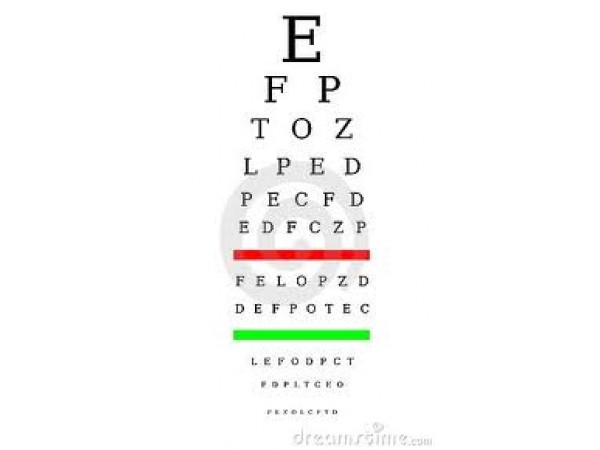
However, eye floaters can impair your vision, especially if the underlying condition worsens. As the fluid in your eye shifts, so will the floaters. If a floater is temporarily obstructing your vision, roll your eyes from side to side and up and down to move the debris. They are often only a nuisance in otherwise healthy people, and they rarely signal a more serious problem. Most eye floaters don’t need any type of treatment. A retinal detachment can lead to complete and permanent vision loss. If a retinal tear is not treated quickly, the retina can become detached and separate from the eye.

Eventually the stress may be enough to tear the retina completely. Retinal tearĪs the vitreous turns to liquid, the sac of gel will begin to pull on the retina. The bleeding may be caused by an infection, injury, or blood vessel leak. Vitreous hemorrhageīleeding in the eye, also known as a vitreous hemorrhage, can cause eye floaters. Symptoms of vitreous detachment include seeing flashes and floaters. If it pulls away suddenly, it may become completely detached. you have blurred vision or a loss of visionĬombined with eye floaters, these symptoms may be a sign of more dangerous conditions, such as: Vitreous detachmentĪs the vitreous shrinks, it slowly pulls away from the retina.they begin occurring more frequently or the floater changes in intensity, size, or shape.Intraocular tumors and ocular migraine may also cause eye floaters.Įye floaters are most common after age 50.Ĭall your ophthalmologist or eye care provider immediately if you see eye floaters and: Crystal-like deposits may form in the vitreous and interfere with light passing from the front of the eye to the back. When those vessels become damaged, the retina may not be able to interpret the images and light hitting it.

Diabetes can damage the blood vessels that lead to the retina. Swelling and inflammation in the eye, often caused by infection, can cause eye floaters Vitreous syneresis also occurs at a faster pace in people who have nearsighted vision People who are nearsighted experience eye floaters more frequently. If the eye is hit by an object or damaged during an accident, you may experience more eye floaters Less common causes of eye floaters include: This will cast shadows on your retina, causing eye floaters. The microscopic fibers inside the vitreous begin to clump together.Īs they do, the debris can be caught in the path of the light as it passes through your eye. The thick vitreous begins to liquefy with age, and the inside of the eyeball becomes crowded with debris and deposits. This is a common part of aging and is known as vitreous syneresis. The cornea and lens at the front of the eye focus light onto the retina at the back of the eye.Īs the light passes from the front of the eye to the back, it passes through the vitreous humor, a jelly-like substance inside your eyeball.Ĭhanges to the vitreous humor can lead to eye floaters. Age-related changes to the eye are the most common cause of eye floaters.


 0 kommentar(er)
0 kommentar(er)
